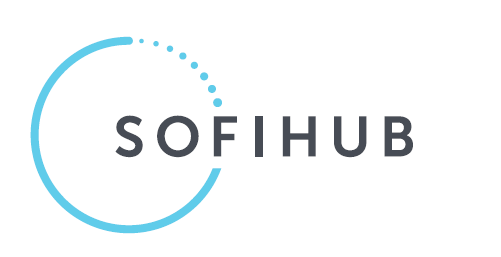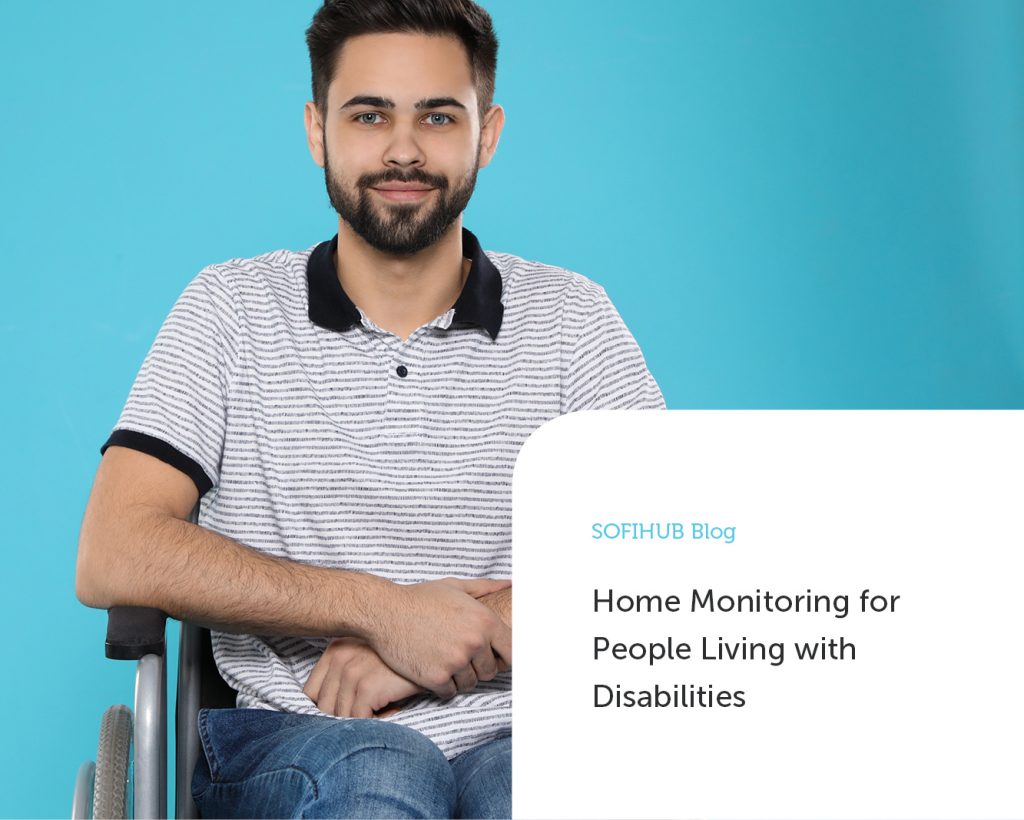Home Monitoring for People Living with Disabilities
The current COVID-19 global health pandemic has impacted our lives in almost every sector, becoming more than just a health crisis, but an economic and social one as well.
We are witnessing an impending global economic recession and health crisis with many countries’ health systems tasked to the hilt in trying to manage the pandemic. At the time of writing this post, more than 4.3 million people have now contracted this virus, with just over 292,000 losing their lives.
With all these adverse effects, the Coronavirus pandemic has brought to light issues that were previously not a priority, especially are regards health and care provision in homes for the disabled.
Nations and governments across the globe are now rethinking the status quo in many sectors and searching for new solutions on how to manage every issue from healthcare and transport to work models and climate change.
The Current Danger
Society and health experts have, for a long time given care to the elderly and people living with disabilities in specialized facilities like aged care homes and homes for the disabled. This model has been disrupted entirely, with the wake of the Coronavirus pandemic. People living with disabilities are finding it difficult to receive care as caregivers can no longer access their patients in person.
COVID-19 may change this care provision model. This health crisis has highlighted the dangers of assembling a vulnerable community in one place, and to curb the spread of the virus as it is highly infectious social distancing measures have been promoted.
What does this mean for health and care provision to groups such as the disabled and the elderly? Well, for one, providing care in people’s private homes with the use of technology seems to be the next logical step.
Secure home services coupled with aged care technology and smart monitoring systems like the SOFIHUB Home and SOFIHUB Beacon, will make it possible for care provision in isolation. For people living with disabilities, who are more than likely movement or sight-impaired, these solutions work to make the management of their care effortless.
These devices provide useful services such as:
- Medication, eating, and sleeping time reminders
- Appointment reminders
- Preventative health e.g. preventing falls
- Intruder and home invasion alerts
- Providing faster emergency response services
- GPS tracking and location
Working and Learning Flexibility
Going to work and school remain some of the most challenging issues for those living in homes for the disabled. The Coronavirus pandemic has exposed the flaw in this model, which requires workers and learners to work or learn from a central location.
Technology and the requirement to stay at home has up-ended this thinking entirely, making it possible for both people living with disabilities to work from home, enabling them to communicate with their colleagues with minimal disruption to learning and working.
We have seen a sudden shift in how we think about learning, working, and play, thanks to COVID-19. Most nations and governments that have grasped the life-changing effects of the Coronavirus pandemic is actively encouraging at-home work and remote learning for those whose professions allow it.
This lifestyle is widely becoming acceptable, which signals significant changes in work and learning practices affecting the disabled, including the adoption of devices that make it easy to work and learn from home.
Robust Health Care Systems
No country was prepared for this global health crisis despite the many predictions over the years.
Fortunately, there have been quick responses and adaptations from governments and health care institutions led by the WHO, which have highlighted the challenges faced by people living in aged care homes and homes for the disabled and recommended policies that mitigate these circumstances.
Most people in these groups also have underlying health conditions that increase their vulnerability, which is leading authorities to develop more robust healthcare systems as a matter of urgency.
Unfortunately, the urgency to develop flexible health provision and care policies favourable to people living with disabilities was lacking before. Maybe the global scale of this health crisis will trigger both national and regional governments to adopt these policies faster.
Home Monitoring for People Living with Disabilities
The world is changing more rapidly than we can keep up. The scale of the global COVID-19 pandemic has forced us all to rethink our everyday routine, forcing us to examine if there are more innovative ways of handling everything from working and learning to health care provision and travel.
People living with disabilities may yet benefit from this disruptive wave and see their lives, health and care provision, and working and learning models improve. As a leading health tech company, SOFIHUB has been riding this wave for years and already provide smart health technology solutions like the SOFIHUB Home and SOFIHUB Beacon that are helping thousands of people living with disabilities.
To learn more feel free to reach out to us on our website and well answer any queries you may

